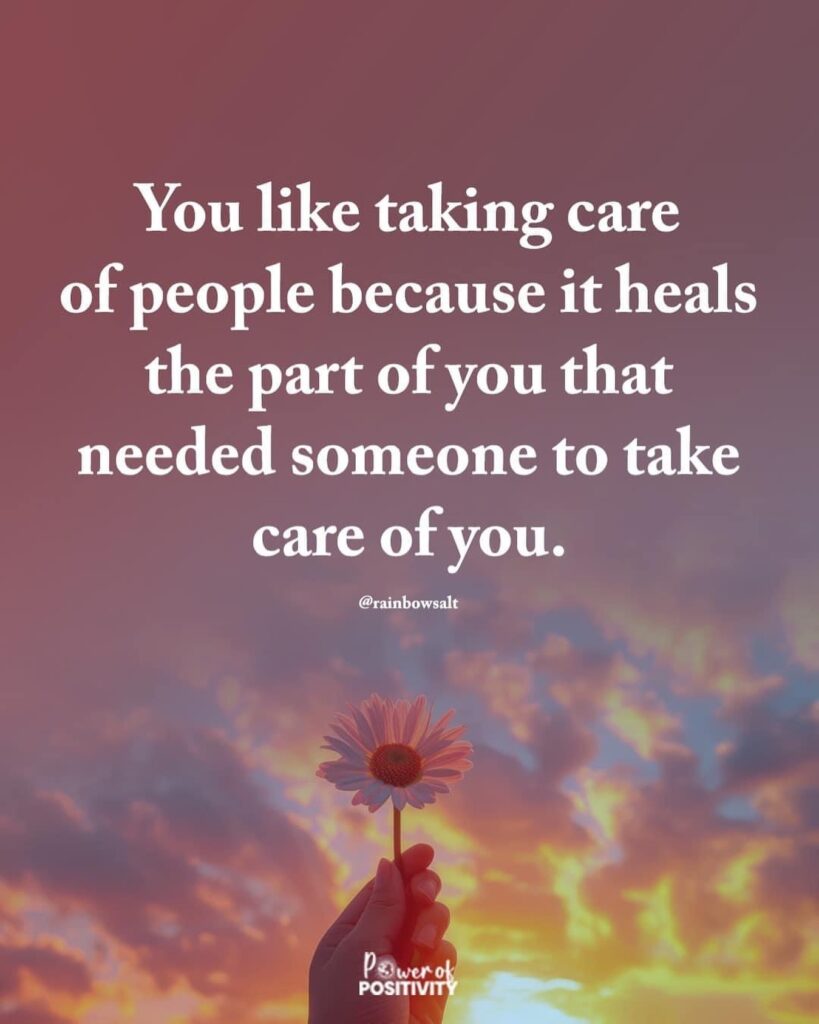Your hands feel shaky. You’re suddenly starving, even though you just ate. Or maybe you’re snapping at someone for no reason. These might seem like nothing—but they could be your body’s quiet signals that something’s off. Blood sugar shifts don’t always come with loud alarms. Your body’s clues often show up in small, everyday moments that are easy to miss.
A lot of people don’t connect these signs with blood sugar right away. That’s why it helps to know what to look for. Catching the early hints—before they turn into bigger problems—can make a big difference in how you feel every day. You don’t need medical training to notice what your body is trying to tell you. Just a bit of awareness might be all it takes to stay ahead of the curve.
Unusual Hunger That Doesn’t Match Your Meals
Eating a full meal should keep you satisfied for a while. But if you’re hungry again within an hour, your body’s clues might be telling you something’s off. This kind of hunger isn’t always about habit or boredom—it can come from blood sugar dropping too fast after a spike.
You might notice:
• Feeling shaky or edgy if you don’t eat right away
• Strong cravings even after eating enough
• Hunger that hits suddenly, not gradually
This isn’t about lack of self-control. It’s your body’s way of trying to steady its energy levels. When these patterns keep showing up, don’t brush them off. Your body’s clues are trying to help you pay attention to what’s going on inside.
Energy Highs… and Sudden Crashes
One minute, you’re moving through tasks with ease. The next, you’re wiped out. That sudden drop in energy could be tied to blood sugar swings. After eating something sugary or carb-heavy, glucose rises fast—but then insulin brings it down just as quickly.
This rollercoaster might show up as:
• Bursts of energy followed by heavy fatigue
• Struggling to stay awake mid-afternoon
• Feeling alert, then crashing without warning
Your routine might seem fine on the outside, but your body’s clues often show up in these shifts. When energy doesn’t last, it’s worth checking if your meals are giving you long-lasting fuel—or just quick bursts followed by crashes.
Shakiness, Sweating, or Feeling Faint Without Reason
Breaking into a sweat or feeling wobbly for no clear reason might feel random—but it could be a blood sugar issue. Even people without diabetes can get these symptoms if their levels drop too low.
Look out for things like:
• Lightheadedness even when sitting still
• Cold sweats that aren’t tied to heat or stress
• Hands that shake or feel weak
These signs can show up quickly and catch you off guard. Your body’s clues aren’t always loud, but they’re worth noticing. If these symptoms keep popping up, they may be pointing to a blood sugar dip that needs attention.
Intense Cravings—Especially for Sugar or Carbs
Sometimes, it’s not just a sweet tooth. If you feel like you need sugar or bread, it could be your body reacting to a sudden drop in blood sugar. The brain relies on glucose, and when levels fall, it wants fast fuel.
Common signs include:
• Craving sugary snacks right after meals
• Feeling “off” until you eat something sweet
• Reaching for chips or crackers without thinking
These cravings can sneak in often, but they’re not just about habits—they’re your body’s clues trying to fix a low. Learning to spot this pattern can help you choose foods that keep your sugar more stable over time.
Feeling Tired No Matter How Much You Rest
Sleeping well but still exhausted? That kind of tired might be coming from your blood sugar, not your schedule. When glucose levels aren’t steady, your body doesn’t use energy the way it should—and that leaves you feeling worn down.
You might notice:
• Low energy even after a full night’s sleep
• Needing naps just to get through the day
• Feeling drained without doing much
This kind of fatigue isn’t laziness. It’s one of your body’s clues that something’s out of balance. When rest doesn’t seem to help, it’s worth thinking about how your blood sugar might be playing a role.
Trouble Thinking Clearly (aka “Brain Fog”)
Having trouble focusing or feeling like your brain is in slow motion? That could be a blood sugar dip affecting how your brain works. Since the brain runs on glucose, even small changes in levels can throw off how clearly you think.
Watch for signs like:
• Forgetting simple things often
• Feeling mentally slow or foggy
• Struggling to focus, even on easy tasks
This isn’t just being tired or distracted. It’s one of your body’s clues that your mind isn’t getting the steady fuel it needs. If it’s happening a lot, it might be time to look at what’s causing your sugar to swing.
Mood Swings That Come Out of Nowhere
Some days, emotions seem all over the place. One moment you’re fine, the next you’re irritated or weepy. While mood swings can have many causes, blood sugar changes can be a quiet trigger behind them.
Things to notice include:
• Feeling angry or anxious without a clear reason
• Getting emotional after meals or long gaps between eating
• Being more sensitive or reactive than usual
Mood isn’t always about what’s happening around you—sometimes it’s chemistry inside you. These emotional changes are your body’s clues that your sugar levels may not be staying steady. A few small shifts in your eating routine could help level things out.
Waking Up at 2–3 A.M. or Restless Sleep
Drifting off to sleep isn’t the issue—it’s staying asleep that gets tricky. Waking up suddenly in the middle of the night, especially between 2 and 3 a.m., might be more than just stress. A drop in blood sugar can cause your body to release hormones like cortisol or adrenaline to bring levels back up.
This can lead to:
• Waking up sweaty or jittery
• Feeling wide awake for no reason
• Tossing and turning instead of deep rest
Your sleep habits matter—but so do your blood sugar levels. Your body’s clues during the night may be just as important as the ones you feel during the day.
Skin Changes Like Dark Patches or Frequent Breakouts
Your skin can say a lot about what’s going on inside. Dark, thick patches—often on the back of the neck, underarms, or groin—may signal insulin resistance. This condition makes it harder for your body to use insulin the right way.
Other signs you might see:
• More frequent breakouts than usual
• Oily skin or sudden changes in texture
• Skin tags or areas that feel rough
Glucose can increase inflammation in the skin, which may trigger acne or changes in tone. When your skin starts acting differently, your body’s clues could be pointing to something deeper than just a surface issue.
Tingling or Numbness in Hands and Feet
A strange tingle in your fingers or toes might not seem like much—but it’s worth paying attention to. This can be an early warning sign of nerve changes from high blood sugar, even before diabetes is diagnosed.
You might notice:
• Pins-and-needles feeling in your hands or feet
• Numb spots that come and go
• A slight burning or buzzing sensation
These sensations can be subtle but persistent. They’re your body’s clues that your nerves may be affected, and it’s not something to ignore—especially if it’s happening often.
Frequent Thirst and More Bathroom Trips
Drinking more water than usual and constantly needing to pee? That might not just be because of heat or hydration habits. When blood sugar runs high, your kidneys work overtime to flush out the excess—pulling more fluid from your body.
Things you may notice:
• Always feeling parched, no matter how much you drink
• Waking up to pee at night
• Dry mouth that won’t go away
These signs are easy to overlook, especially on busy days. But when they keep showing up, your body’s clues might be leading you toward something more serious.
Slow-Healing Cuts or Frequent Infections
Getting a small cut shouldn’t take weeks to heal. If it does, your blood sugar might be the reason. High glucose can slow your immune response, making it harder for your body to fight off germs and repair skin.
You might see:
• Minor cuts that stay red or sore
• Skin infections that come back
• More UTIs or gum problems than usual
Healing slower than normal is one of your body’s clues that something’s getting in the way of your body’s natural defense system. It’s not about panic—it’s about paying closer attention.
When to Talk to a Healthcare Provider
If a few of these signs feel familiar, it doesn’t mean something’s wrong—but it does mean it’s worth checking. You don’t need to wait until things get worse. A basic blood test can give helpful answers, and early support is usually simple.
Doctors can help you spot patterns, adjust your routine, or run more tests if needed. Your body’s clues are there for a reason—and getting ahead of the problem is always better than chasing it later.
Final Thoughts on Catching the Quiet Signs Early
Changes don’t always start with pain or big symptoms. Often, it’s the small things—extra hunger, a bit of brain fog, or waking up tired—that tell the real story. Your body’s clues are easy to miss, but they’re there to help you, not scare you.
Paying attention doesn’t mean worrying all the time. It just means giving your body a little more care when something feels off. The earlier you notice, the easier it is to take action—and the better your chances of staying balanced, strong, and well.















